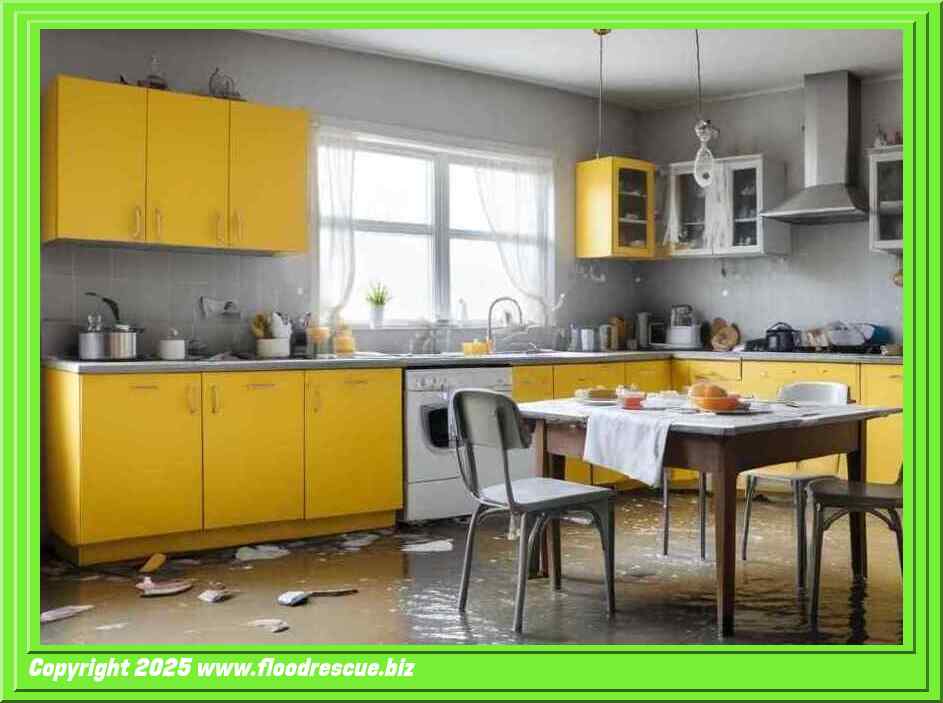One effective strategy in mitigating water damage is utilizing weather-resistant materials that are suitable for long-term protection if necessary. These materials stand up against moisture infiltration, maintaining their durability over time while safeguarding your property from potential water-related disasters.
There are various weather-resistant materials available in the market that cater specifically to protecting properties from water damage. Let's explore some of these options:
1. Waterproof membranes: Installing waterproof membranes beneath exterior surfaces like siding or roofing helps prevent moisture penetration and protects vulnerable areas prone to leaks during heavy rainstorms. These durable barriers act as an added layer of defense against water intrusion.

2. Weather-resistant insulation: Choosing insulation with high resistance towards moisture absorption is vital for preventing mold growth and deterioration caused by prolonged exposure to damp conditions. Opting for closed-cell foam insulation helps maintain its integrity even in wet environments, providing long-lasting thermal performance along with enhanced protection against water infiltration.
3. Mold-resistant drywall: One common consequence of water damage is mold growth, which poses health risks and compromises structural stability. Using mold-resistant drywall in vulnerable areas such as basements or bathrooms minimizes the possibility of mildew formation after a flood or other forms of excessive moisture exposure.
4. PVC trim boards: When seeking durable alternatives for wooden trims susceptible to rotting due to constant contact with moisture-rich surroundings, PVC (polyvinyl chloride) trim boards offer an excellent solution. These low-maintenance synthetic boards resist warping, cracks, decay, and insect infestations associated with traditional wood trims.
5. Ceramic or porcelain tiles: These materials are not only visually appealing but also highly water-resistant. Installing them in areas prone to water exposure, such as kitchens and bathrooms, can help safeguard against long-term moisture damage. With proper installation and sealing, ceramic or porcelain tiles provide an impermeable surface that discourages water infiltration.
6. Impact-resistant windows and doors: During severe weather events like hurricanes or heavy storms, wind-driven rain poses a significant threat to your property's integrity. Investing in impact-resistant windows and doors enhances their ability to withstand high winds and prevent water intrusion from damaging your home or business.
Remember, prevention is always better than restoration when it comes to mitigating the effects of water damage on your property. By utilizing weather-resistant materials suitable for long-term protection if necessary, you're taking proactive steps towards fortifying your investment against potential disasters.
Be sure to consult with professionals experienced in water damage restoration for expert advice on which weather-resistant materials best suit your specific needs. Their expertise will ensure you make informed decisions that provide both immediate protection and long-lasting durability for years to come.
By investing wisely in these weather-proofing measures now, you'll save yourself from potential costly repairs caused by extensive water damage down the road - giving you peace of mind knowing that your property is well-protected no matter what Mother Nature throws at it!